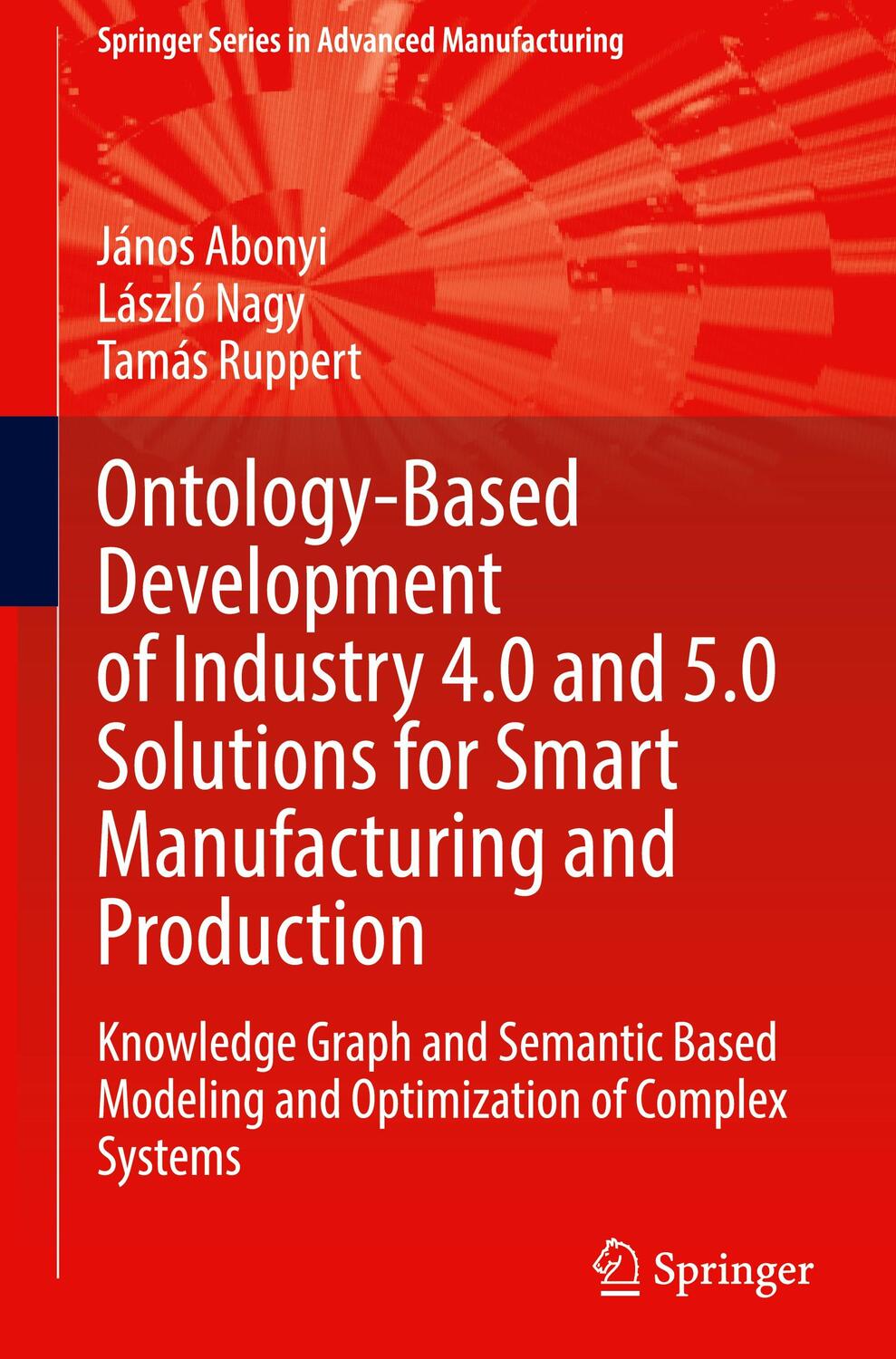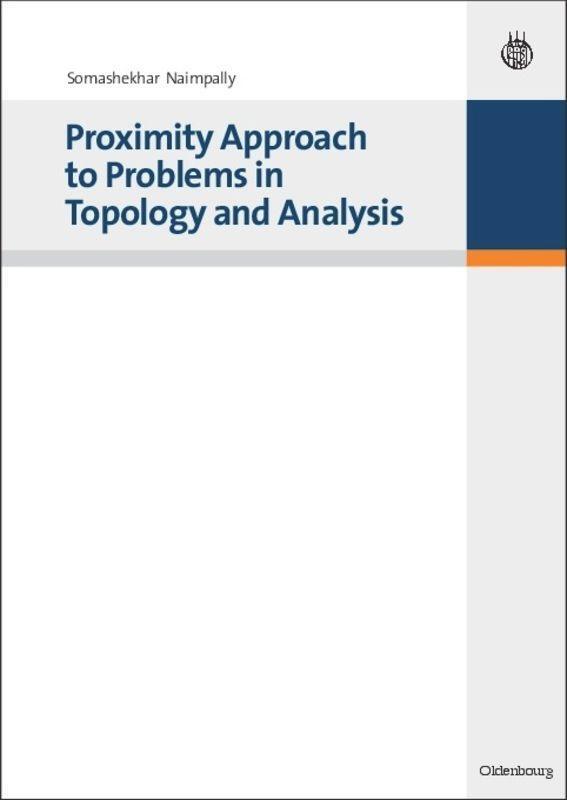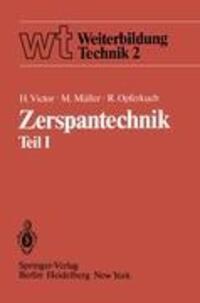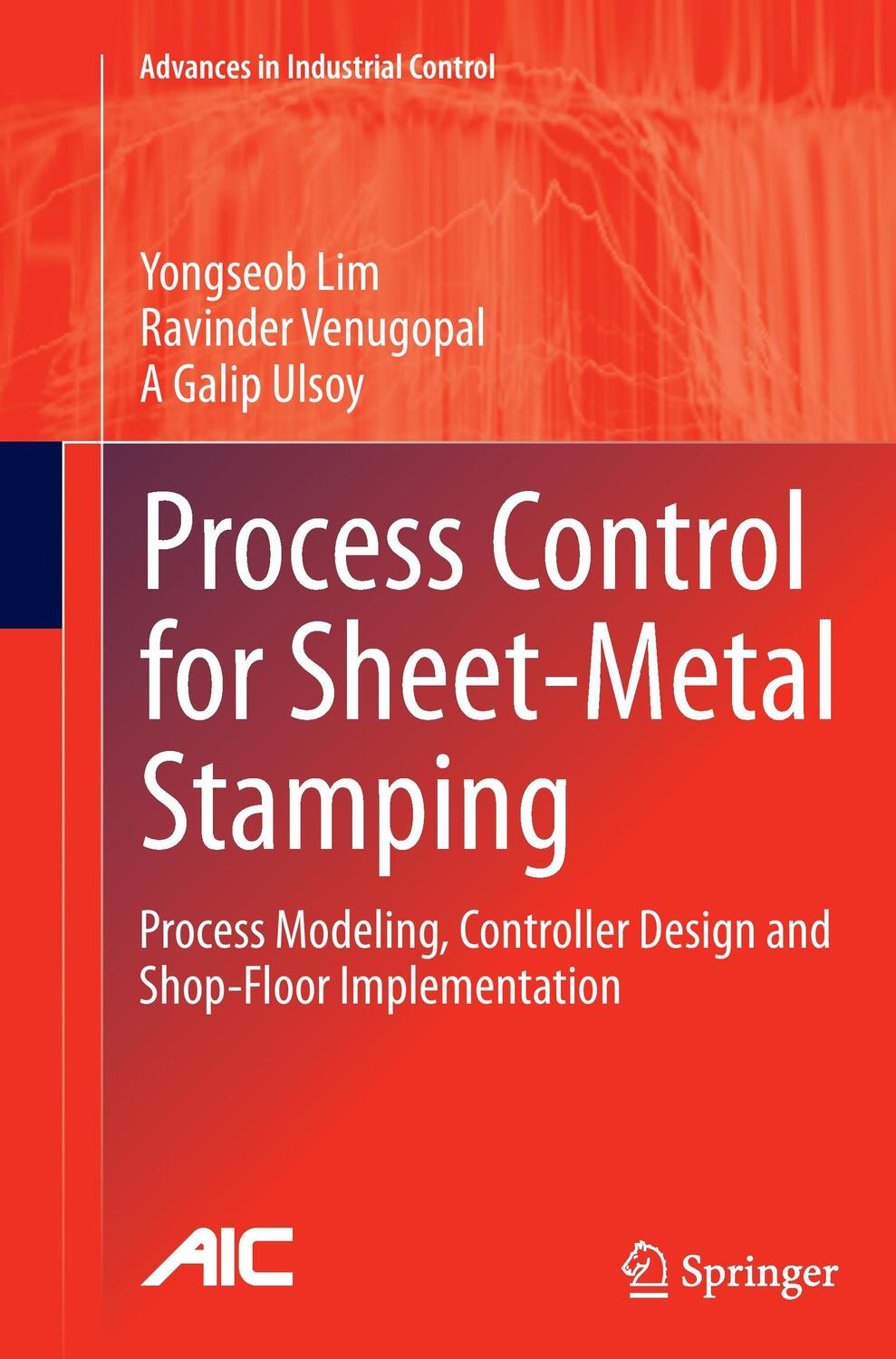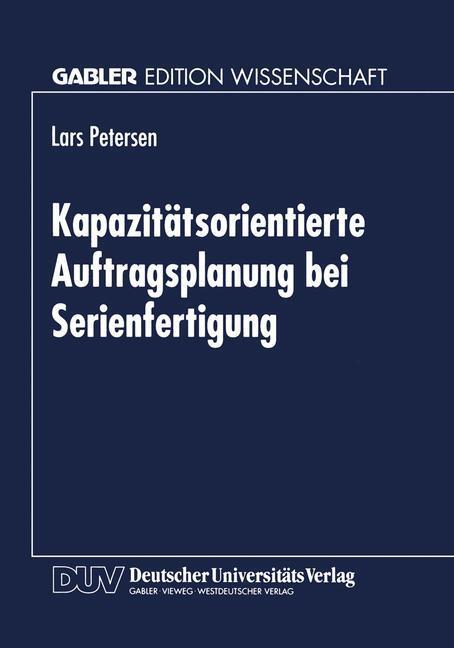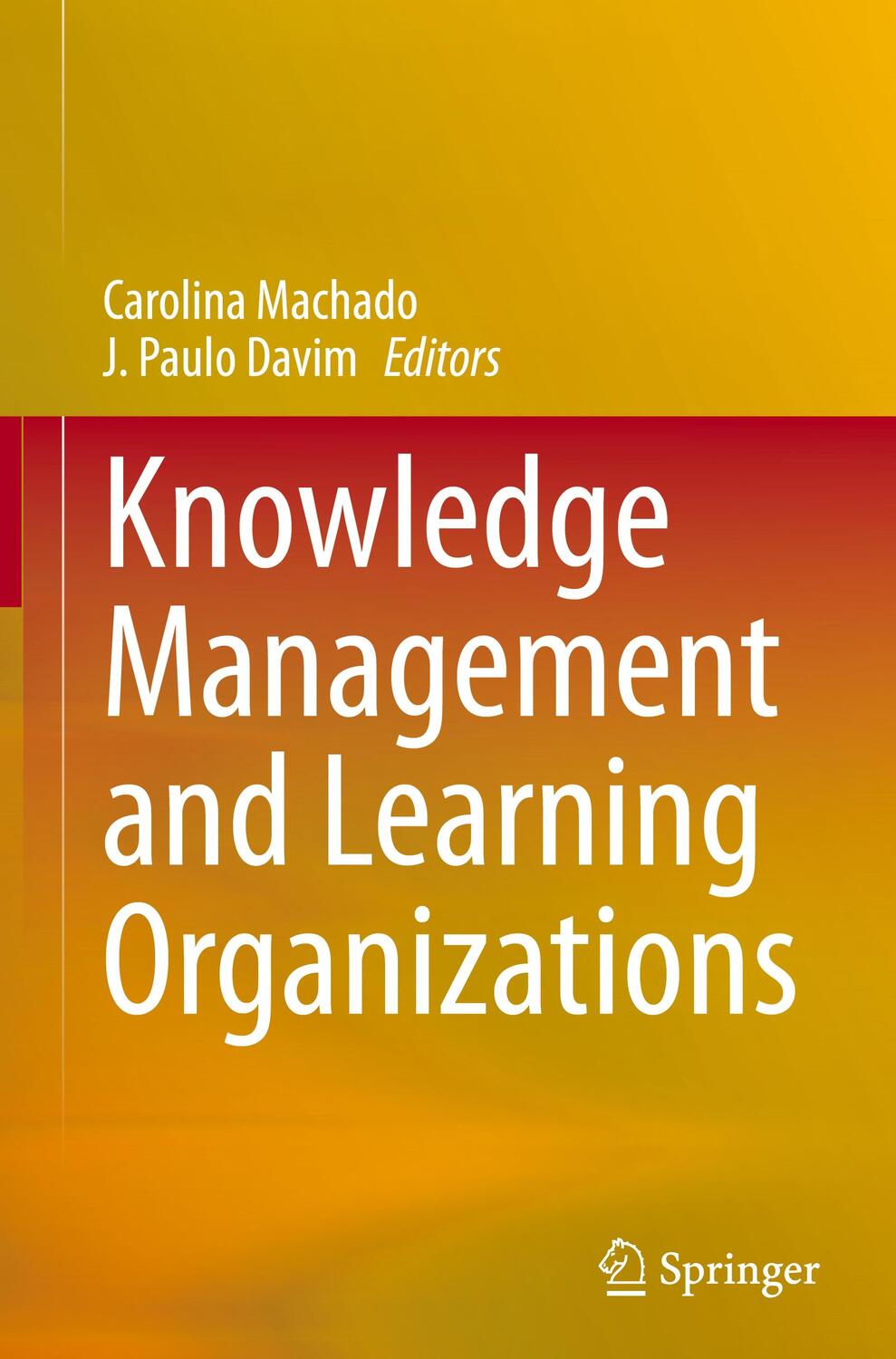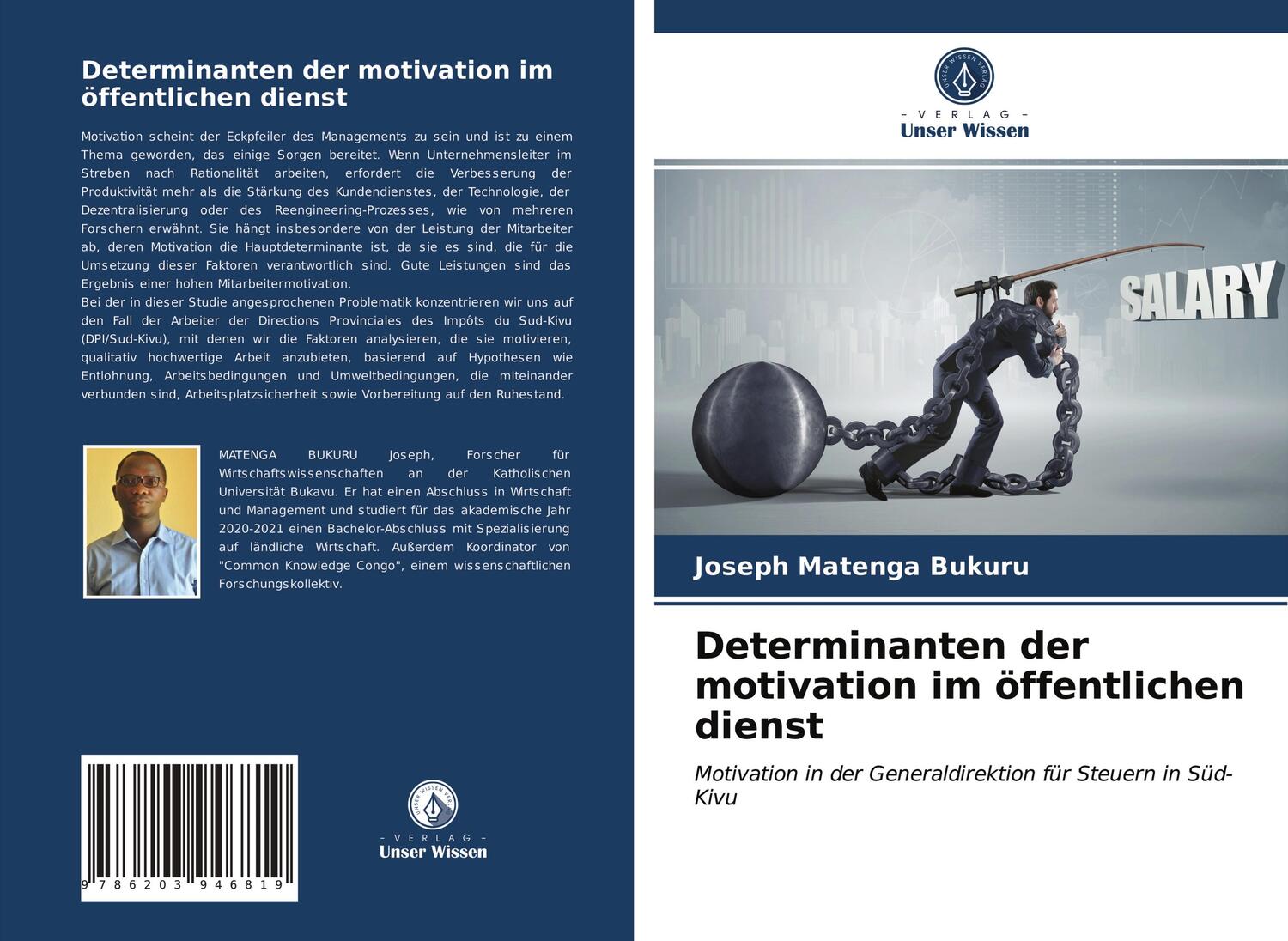160,49 €*
Versandkostenfrei per Post / DHL
Aktuell nicht verfügbar
The book provides an extensive overview of semantic technologies and their potential to integrate with existing industrial standards, planning, and execution systems to provide efficient data processing and analysis. It also investigates the design of Industry 5.0 solutions and the need for problem-specific descriptions of production processes, operator skills and states, and sensor monitoring in intelligent spaces.
The book proposes that ontology-based data can efficiently represent enterprise and manufacturing datasets.
The book is divided into two parts: modelingand optimization. The semantic modeling part provides an overview of ontologies and knowledge graphs that can be used to create Industry 4.0 and 5.0 applications, with two detailed applications presented on a reproducible industrial case study. The optimization part of the book focuses on network science-based process optimization and presents various detailed applications, such as graph-based analytics, assembly line balancing, and community detection.
The book is based on six key points: the need for horizontal and vertical integration in modern industry; the potential benefits of integrating semantic technologies into ERP and MES systems; the importance of optimization methods in Industry 4.0 and 5.0 concepts; the need to process large amounts of data while ensuring interoperability and re-usability factors; the potential for digital twin models to model smart factories, including big data access; and the need to integrate human factors in CPSs and provide adequate methods tofacilitate collaboration and support shop floor workers.
The book provides an extensive overview of semantic technologies and their potential to integrate with existing industrial standards, planning, and execution systems to provide efficient data processing and analysis. It also investigates the design of Industry 5.0 solutions and the need for problem-specific descriptions of production processes, operator skills and states, and sensor monitoring in intelligent spaces.
The book proposes that ontology-based data can efficiently represent enterprise and manufacturing datasets.
The book is divided into two parts: modelingand optimization. The semantic modeling part provides an overview of ontologies and knowledge graphs that can be used to create Industry 4.0 and 5.0 applications, with two detailed applications presented on a reproducible industrial case study. The optimization part of the book focuses on network science-based process optimization and presents various detailed applications, such as graph-based analytics, assembly line balancing, and community detection.
The book is based on six key points: the need for horizontal and vertical integration in modern industry; the potential benefits of integrating semantic technologies into ERP and MES systems; the importance of optimization methods in Industry 4.0 and 5.0 concepts; the need to process large amounts of data while ensuring interoperability and re-usability factors; the potential for digital twin models to model smart factories, including big data access; and the need to integrate human factors in CPSs and provide adequate methods tofacilitate collaboration and support shop floor workers.
Janos Abonyi is a full professor at the Department of Process Engineering at the University of Pannonia, where he holds joint appointments in computer science and chemical engineering. He received his MEng and PhD degrees in chemical engineering from the University of Veszprem, Hungary in 1997 and 2000, respectively. In 2008, he earned his Habilitation in the field of Process Engineering, and the DSc degree from the Hungarian Academy of Sciences in 2011. During 1999-2000, he was employed at the Control Laboratory of the Delft University of Technology in the Netherlands. Dr. Abonyi has co-authored over 250 journal papers, book chapters, and five research monographs. He has also authored a Hungarian textbook about data mining. His research interests include complexity, process engineering, quality engineering, data mining, and business process redesign.
Tamas Ruppert is an Associate Professor at the Department of Process Engineering at the University of Pannonia, with a focus oncomputer science. He graduated with bachelor's degrees in Mechanical Engineering and Engineering Information Technology in 2015, and a master's degree in Mechatronic Engineering in 2016. He received his PhD degree in 2020. His research interests cover activity recognition, discrete-event simulators, human-centric solutions, and Operator 4.0.
Laszlo Nagy received the bachelor's degree in mechatronics engineering in 2015, the master's degree in mechatronics engineering, in 2017, and the Ph.D. degree, in 2023.
He has five years of experience as an Instrumentation and Controls Field Service Engineer at Siemens, working with industrial gas turbines worldwide.
His research interest covers the areas of semantic networks, modeling of manufacturing systems, and development of complex optimization methods. Furthermore, study the industry 5.0, human-centered approach, using knowledge graphs and ontologies.
Part I Introduction and motivation of the book.- Introduction to the industrial application of semantic technologies.- Ontology-based modeling of a wire harness manufacturing processes.- Knowledge graph-based framework to support human-centered collaborative and ergonomic manufacturing in Industry 5.0.- Part II Problem statement of network science-based process optimization.- Analytic hierarchy process and multilayer network-based method for assembly line balancing.- Efficient network community detection algorithm based on crossing minimization and bottom-up segmentation.- Hypergraph-based analysis of collaborative manufacturing.- Cookbook for semantic-based modeling and optimization of manufacturing systems.- Conclusion.
| Erscheinungsjahr: | 2024 |
|---|---|
| Fachbereich: | Allgemeines |
| Genre: | Technik |
| Rubrik: | Naturwissenschaften & Technik |
| Medium: | Buch |
| Seiten: | 284 |
| Reihe: | Springer Series in Advanced Manufacturing |
| Inhalt: |
xi
271 S. 2 s/w Illustr. 140 farbige Illustr. 271 p. 142 illus. 140 illus. in color. |
| ISBN-13: | 9783031474439 |
| ISBN-10: | 3031474430 |
| Sprache: | Englisch |
| Ausstattung / Beilage: | HC runder Rücken kaschiert |
| Einband: | Gebunden |
| Autor: |
Abonyi, János
Ruppert, Tamás Nagy, László |
| Auflage: | 1st ed. 2024 |
| Hersteller: |
Springer Nature Switzerland
Springer International Publishing Springer Series in Advanced Manufacturing |
| Maße: | 241 x 160 x 20 mm |
| Von/Mit: | János Abonyi (u. a.) |
| Erscheinungsdatum: | 02.01.2024 |
| Gewicht: | 0,646 kg |
Janos Abonyi is a full professor at the Department of Process Engineering at the University of Pannonia, where he holds joint appointments in computer science and chemical engineering. He received his MEng and PhD degrees in chemical engineering from the University of Veszprem, Hungary in 1997 and 2000, respectively. In 2008, he earned his Habilitation in the field of Process Engineering, and the DSc degree from the Hungarian Academy of Sciences in 2011. During 1999-2000, he was employed at the Control Laboratory of the Delft University of Technology in the Netherlands. Dr. Abonyi has co-authored over 250 journal papers, book chapters, and five research monographs. He has also authored a Hungarian textbook about data mining. His research interests include complexity, process engineering, quality engineering, data mining, and business process redesign.
Tamas Ruppert is an Associate Professor at the Department of Process Engineering at the University of Pannonia, with a focus oncomputer science. He graduated with bachelor's degrees in Mechanical Engineering and Engineering Information Technology in 2015, and a master's degree in Mechatronic Engineering in 2016. He received his PhD degree in 2020. His research interests cover activity recognition, discrete-event simulators, human-centric solutions, and Operator 4.0.
Laszlo Nagy received the bachelor's degree in mechatronics engineering in 2015, the master's degree in mechatronics engineering, in 2017, and the Ph.D. degree, in 2023.
He has five years of experience as an Instrumentation and Controls Field Service Engineer at Siemens, working with industrial gas turbines worldwide.
His research interest covers the areas of semantic networks, modeling of manufacturing systems, and development of complex optimization methods. Furthermore, study the industry 5.0, human-centered approach, using knowledge graphs and ontologies.
Part I Introduction and motivation of the book.- Introduction to the industrial application of semantic technologies.- Ontology-based modeling of a wire harness manufacturing processes.- Knowledge graph-based framework to support human-centered collaborative and ergonomic manufacturing in Industry 5.0.- Part II Problem statement of network science-based process optimization.- Analytic hierarchy process and multilayer network-based method for assembly line balancing.- Efficient network community detection algorithm based on crossing minimization and bottom-up segmentation.- Hypergraph-based analysis of collaborative manufacturing.- Cookbook for semantic-based modeling and optimization of manufacturing systems.- Conclusion.
| Erscheinungsjahr: | 2024 |
|---|---|
| Fachbereich: | Allgemeines |
| Genre: | Technik |
| Rubrik: | Naturwissenschaften & Technik |
| Medium: | Buch |
| Seiten: | 284 |
| Reihe: | Springer Series in Advanced Manufacturing |
| Inhalt: |
xi
271 S. 2 s/w Illustr. 140 farbige Illustr. 271 p. 142 illus. 140 illus. in color. |
| ISBN-13: | 9783031474439 |
| ISBN-10: | 3031474430 |
| Sprache: | Englisch |
| Ausstattung / Beilage: | HC runder Rücken kaschiert |
| Einband: | Gebunden |
| Autor: |
Abonyi, János
Ruppert, Tamás Nagy, László |
| Auflage: | 1st ed. 2024 |
| Hersteller: |
Springer Nature Switzerland
Springer International Publishing Springer Series in Advanced Manufacturing |
| Maße: | 241 x 160 x 20 mm |
| Von/Mit: | János Abonyi (u. a.) |
| Erscheinungsdatum: | 02.01.2024 |
| Gewicht: | 0,646 kg |

